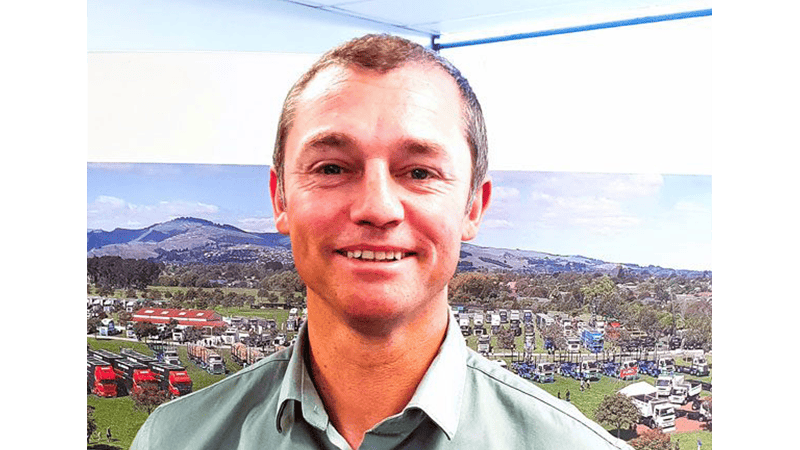
Calling all employers and health and safety managers – if you’re not already doing so, now is the best time to address worker wellbeing in the workplace.
Psychosocial harm stems from psychosocial stressors and hazards, which are common in transport workplaces and come in numerous forms. Many psychosocial hazards relate to staff wellbeing issues.
Supporting transport workers’ wellbeing is at the heart of the HARMfree Transport and Logistics programme. Increasing and improving worker wellbeing reduces the risks of psychosocial harm in the workplace and may result in higher performance, increased productivity and less absenteeism. A healthy worker has a positive effect on workplace culture. The HARMfree Transport and Logistics programme embraces existing interventions designed to reduce psychosocial harm and champion worker wellbeing, and develops new ones.
Studies on physical wellbeing and its importance in the workplace show that workers participating in physical activity once a week or more have a better health status and have less absenteeism from work than workers without physical activity. An example of creating a physical activity in your workplace might be as easy as getting a basketball and putting up a hoop in a safe area. Workers can shoot hoops with their workmates during breaks or before and after work.
A company that champions its workers’ mental wellbeing can help reduce the stigma surrounding mental health and provide a supportive workplace culture. Any person conducting a business or undertaking (PCBU) must do what’s reasonably practicable to eliminate or minimise risks relating to poor worker mental wellbeing in their workplace. Some 40% of Kiwi transport and logistics workers report working with someone who struggles with low mental wellbeing. Showing appreciation, leaving workers feeling satisfied and having purpose in the workplace, having positive interactions and connections with your team and always being available and open to communication are ways of improving your workers’ wellbeing.
The transport industry has a diverse and multicultural workforce. According to the 2018 census, more than 35% of New Zealand’s workforce are made up of M ori, Pasifika and Asian workers. It will be interesting to see the figures collated from census 2023. Workers should feel connected to their culture. Cultural wellbeing is about the freedom to express history, heritage, arts and traditions and being able to participate in related activities. Your organisation could perform a karakia at the beginning of the working day or shift. Karakia is a set form of words recited to state or make a ritual activity effective, which could focus on worker safety and wellbeing. The karakia could be relayed in M ori and English to account for cultural diversity. It’s suggested that the reciting of your company’s karakia be spread among your workers to increase inclusivity, team building, and cultural wellbeing. HARMfree Transport and Logistics can guide you to experts in creating karakia who can help design one for your company with input from your workers. We will also provide information and tools to help create a more inclusive workplace.
The HARMfree Transport and Logistics programme is launching later this year and will provide transport business owners and health and safety managers with the tools to identify and manage psychosocial hazards in the workplace, including a wellbeing module. A lot of information is available about these issues, but you have to search for it. Bringing all those resources together into an easy-to-follow practical programme saves time for employers.
The programme is shaped by the transport sector’s needs. We listen to and learn from transport and logistics leaders who are on the ground and are continually improving, expanding and evolving. By meeting people, sharing ideas and collecting information, we are fine-tuning the HARMfree content to meet our industry’s needs.
If you would like to learn more about the HARMfree Transport and Logistics programme, please get in touch with programme manager John Sansom at john.sansom@harmfree.nz




